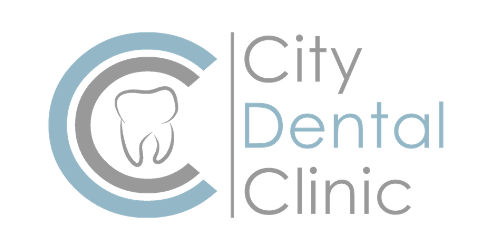Tooth sealing is a painless prevention of tooth decay on both temporary and permanent molars. This treatment is relatively quick and painless and consists of the dentist sealing, i.e. closing the deep grooves on the patient’s teeth with a special material, the sealant. This substance is a dental filling that is painted on the tooth to protect it from decay. It is commonly used on molars that naturally have pits and depressions on their upper surfaces, which sometimes makes them difficult to clean. Dental fillings are clear, white or slightly discolored and therefore rarely visible to the eye.
Who should undergo a dental sealants?
Tooth sealing is a treatment that we recommend especially for pediatric patients, but it is also suitable for adults.
Dental Sealants for Children
For pediatric patients, sealing is most appropriately carried out on freshly erupted teeth. This means most commonly at around 6 years of age, just after the first permanent molars have erupted, and then at 12 years of age, just after the second permanent molars have erupted. It is possible to seal temporary molars around the age of 3 if the child is at a higher risk of decay.
Dental Sealants for Adults
As we get older, we find that we are more susceptible to tooth decay and our saliva no longer protects our teeth. This is why it is advisable to have a dental sealant in adulthood. This is because dental sealants can thoroughly protect healthy adult teeth from developing unwanted decay.
How is the dental sealing performed at City Dental Clinic Bratislava?
The tooth-sealing procedure consists of four steps:
1. Cleaning the tooth – the tooth is first thoroughly cleaned to remove any plaque or hidden food. This is done using a toothbrush and pumice.
2. Drying the tooth – The tooth is then thoroughly dried to allow the resin-based dental sealant to adhere to the application surface. The dentist will use a small air syringe to gently blow air onto the surface of the tooth, and then keep the area dry by isolating it from saliva and other teeth by placing cotton rollers around it.
3. Preparing the tooth for sealing – the dentist will apply a special material to the tooth and leave it on for approximately 15 seconds. This creates a rough surface on the tooth, allowing the filling to adhere better. After the etching material has worn off, the dentist rinses and dries the tooth again. This area is again wrapped in cotton wool to keep it dry and insulated from saliva.
4. Application of dental sealant – Finally, the dental filling is applied with a small brush in a very thin layer to the etched surface of the tooth to penetrate all the depressions and cracks in the tooth. Some dental fillings are self-curing, while others require being under a concentrated UV light for approximately 30 seconds.
How long do teeth last sealed?
Dental fillings (sealants) used to seal teeth can last five to ten years. During a routine checkup at the dentist, the filling should be checked for cracks or small holes, and if any are found, they should be repaired quickly. If the damage is extensive, the entire filling on the tooth needs to be replaced.
Frequently asked questions
Is sealing teeth painful?
Sealing teeth is painless. The procedure takes place on the surface of the hard tooth tissues (enamel), which are not innervated. Therefore, the patient does not feel any pain.
Can I have tooth decay if my teeth are already sealed?
Tooth sealing is a treatment that is preventative against tooth decay, but if you don’t take enough care of your teeth and clean them thoroughly, there is a chance that decay will form even after the tooth has been sealed.
Is tooth sealing a one-time affair?
Yes, only one visit is required for a dental sealant and in most cases the sealant is not repeated.
Which teeth are suitable for sealing?
Temporary first and second molars, as well as permanent first and second molars, are suitable for sealing.
Contact us
we will contact you
